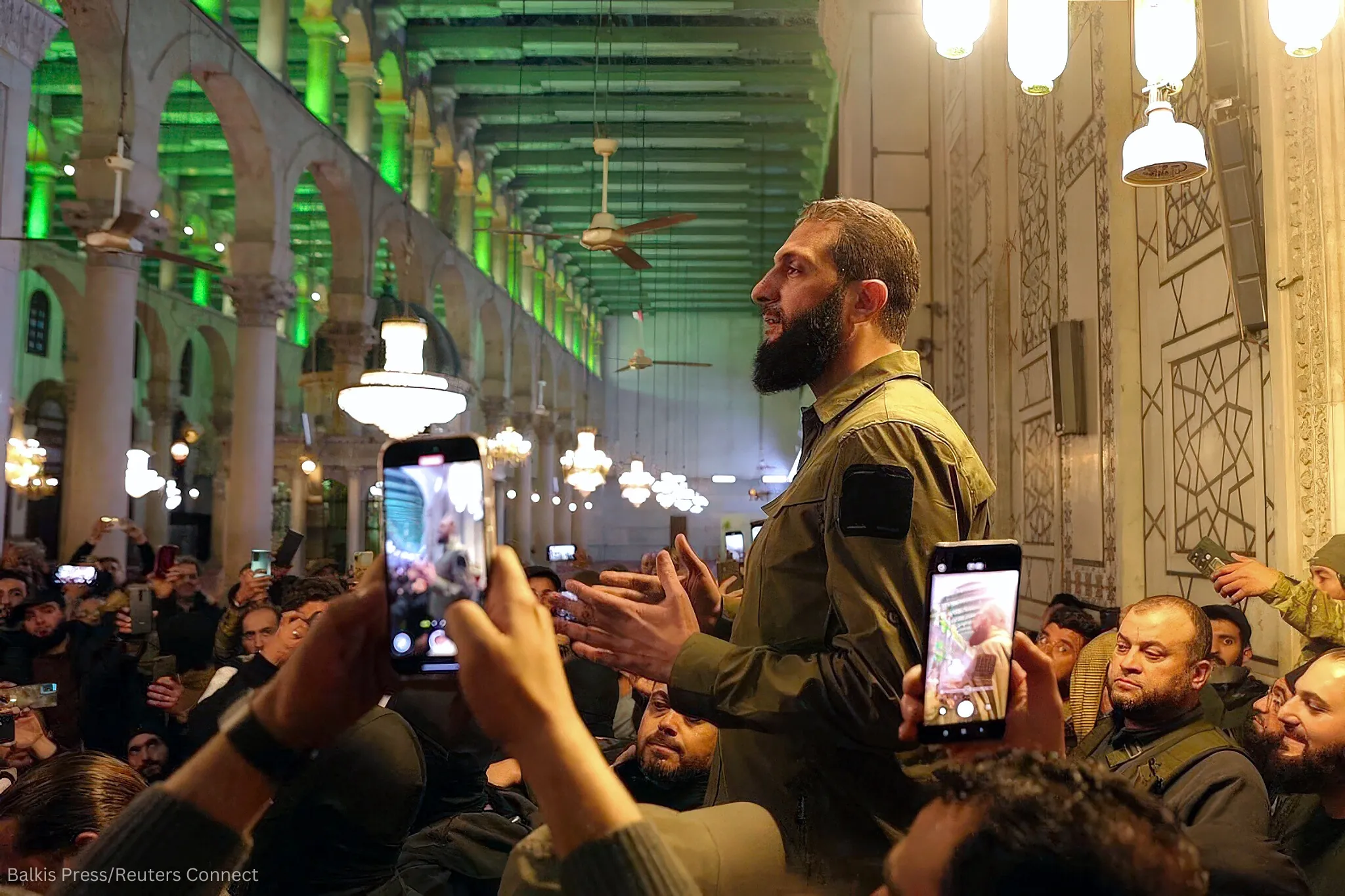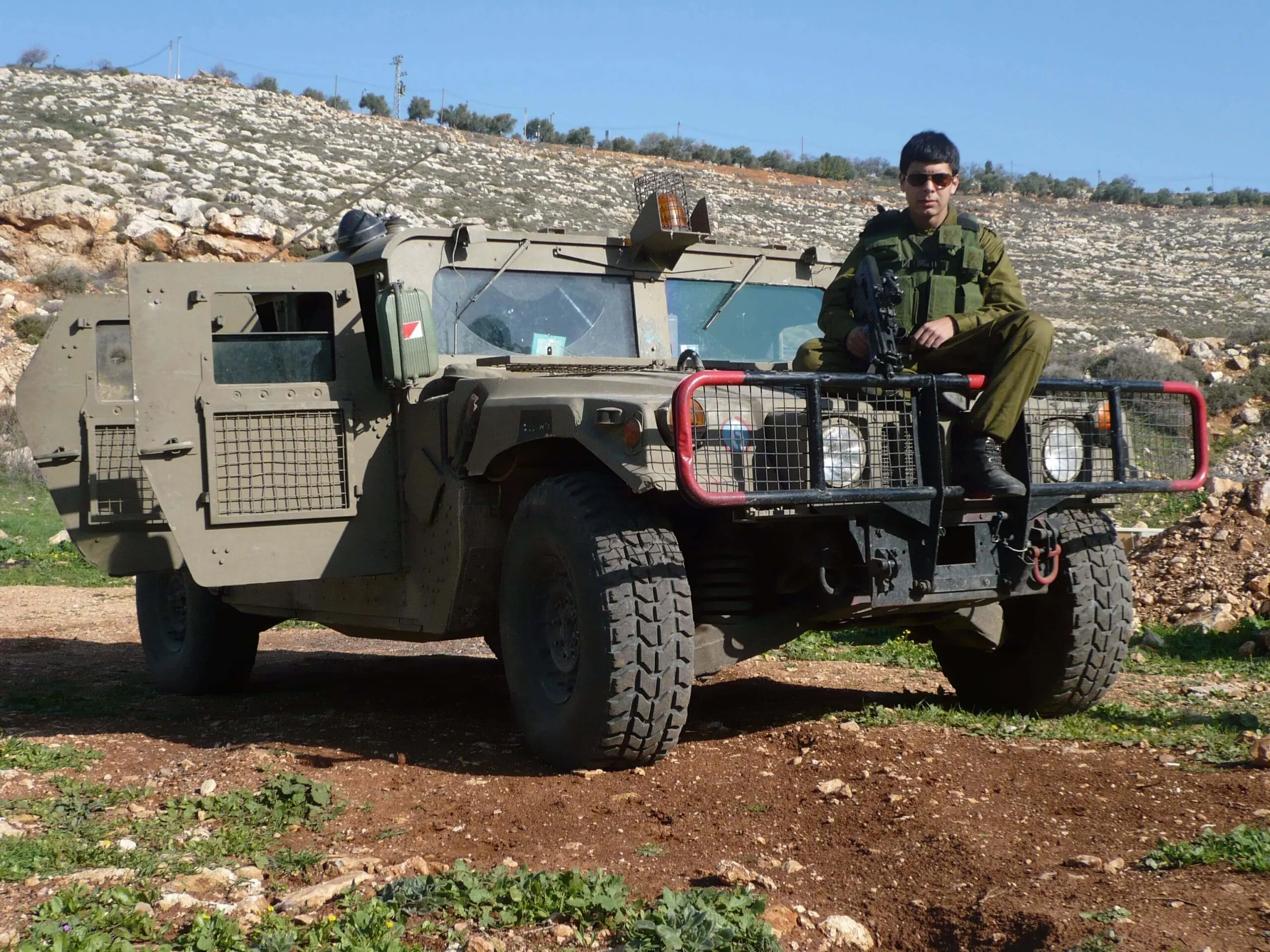
Though most of what happens in the army can understandably not be shared with the public, the IDF (Israeli Defense Forces) is one of the most unique sectors of Israel’s society. Because most of Israel’s civilians pass through and give years of their lives in service there, many types of people are placed together in units who would otherwise never cross paths. From lone soldiers, to special needs, to religious Jews looking for a way out of their restrictive community, the IDF is a unique hub of opportunity and destiny. Below is a bit of what we were allowed to share of their stories.
Going at it Alone – Noam*
Among this unique mix of humanity are tens of thousands of Israel’s lone soldiers. Lone soldiers aren’t orphans necessarily. A soldier qualifies as “lone” when he has no family in Israel and thus no support system outside of the military. These soldiers are allotted special benefits from the IDF to try to alleviate some of the difficulty of having to serve their country full time and still handle their “civilian” life completely on their own when they are off duty.
It was when I heard that my history teacher had been among the seven murdered in a kibbutz by a terrorist that the first seeds were sown in my heart—when I was drafted into the IDF, it would be into a combat unit. I was in high school at the time. In a boarding school, to be exact. I had moved to Israel alone at the age of 15. It was my second year living in a new country with no family and there was no dampening the growing attachment I was developing to my ancient homeland.
When I turned 18, I graduated and made my Aliyah (immigration to Israel) official. Israel usually likes to give new immigrants a few years to get settled before they draft you into the army. But I wasn’t interested in waiting. So, I got a friend to help me write a letter to the IDF to tell them I was ready to join immediately. They put me in Givati—Israel’s equivalent to the U.S. Marines. And, because I had no family in the country, I was categorized as a lone soldier.
While attending Israeli boarding school, I had studied alongside many Jews from other parts of the world. But nothing could’ve prepared me for the diversity I would experience when I arrived at bootcamp. There were Israelis from Morocco, Ethiopia, and Yemen. There were also Druze and even a Lebanese guy whose family was allied with Israel. I knew we were all on the same team, but still it felt like culturally we were worlds apart. I was from the Ukraine with just a couple of years of Israeli experience. They, on the other hand, had been here most, if not all, of their lives and yet still carried the remnants of the cultures they had left behind.
Early on I thought the exercises were pretty easy—running, climbing, crawling, pushups—and getting up early to do it all again. Then they threw us out in the desert and left us to survive. It was extremely difficult and I questioned what I had gotten myself into more than once. But it was surviving those difficulties together that turned us into a tight knit unit like brothers.
Still, I was different from them. I was a lone soldier. On the weekends they went home to families, a closet full of clean clothes and warm meals. I, on the other hand, went home to an empty studio I rented, cooked myself a meal, cleaned, did laundry and packed for the next two to three weeks I would be gone. Despite the stark difference in lifestyle, at the time I didn’t feel like I was missing out on anything because I didn’t know anything else.
Ironically, I only experienced life differently when I was punished for going AWOL. I had left the base without permission to pay for a cellphone bill in cash. I simply had no one on the outside who could deposit the money in my account and I was concerned the bank would lock up my account. If that happened, I would have had no way to buy food when I went home.
This event caused my friends to take more notice of how “on my own” I was. They took my laundry home with them and brought me back all sorts of goodies from home. They knew I hadn’t run away to cause problems, so everyone felt bad that I had been confined to the base for 40 days. I felt grateful for the help and often offered to stay on the base over weekends so my friends could attend weddings or funerals. After all, they had something to go home to that mattered.
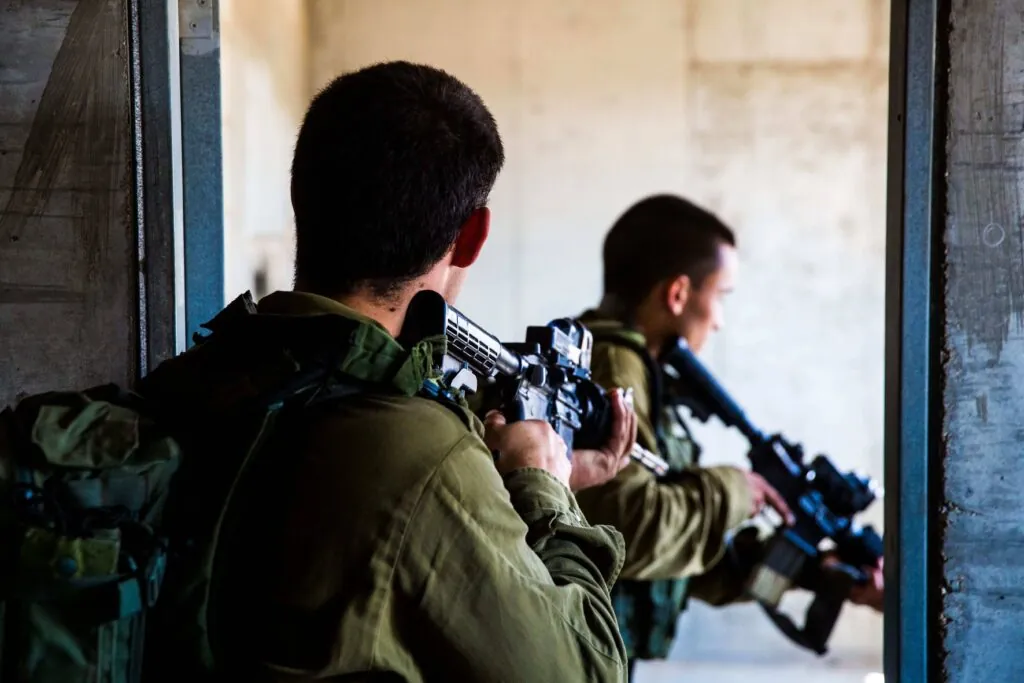
With God on Our Side
Being a lone soldier often means handling the daily grind alone, but it doesn’t mean I am on my own. For Israelis, the need for God to be our refuge is not figurative. We are under constant threat and really need Him to protect us. Even more so when we are on the battlefield, needing Him to go before us and fight our battles is a very real prayer.
We were stationed near Gaza during our advanced training when a conflict broke out. Because we were newbies—only eight months into our training—our commanders sent us in to clear out the wounded. It wasn’t a dangerous job, but it brought us face-to-face with the reality of war. By the time Operation Cast Lead broke out, we were among the first to be sent in.
Fighting against Hamas and the Islamic Jihad is tricky because they deliberately operate in residential areas knowing Israel will go to great lengths to avoid civilian casualties. During one ground operation we went into a deserted residential area and stayed overnight in a school building. (It was deserted because days before we had warned the civilian population through phone calls and pamphlets to evacuate the Hamas stronghold.)
In the morning, a couple of our soldiers came across a wire that ran under the school. They followed the wire to a nearby zoo and found it attached to a detonator. Next to the detonator was a mattress, some blankets, clothes and snacks. Clearly someone had recently been there with the intention of setting off the explosives in the school while the soldiers were sleeping. We heard later, after an investigation, that the entire school had been booby trapped—when it was built. This meant Gazan children would’ve been regularly attending a school with explosives embedded in the foundation while Hamas fighters awaited the opportunity to one day drop the multi-level building on a platoon of unsuspecting Israeli soldiers. What no one was able to figure out was why—with Israel literally announcing they were coming to that area—the guy who was supposed to press the button did not. But, I have no problem believing that God had a hand in making the terrorist unavailable for this task which would’ve easily wiped out hundreds of us.
* All names were changed for security reasons
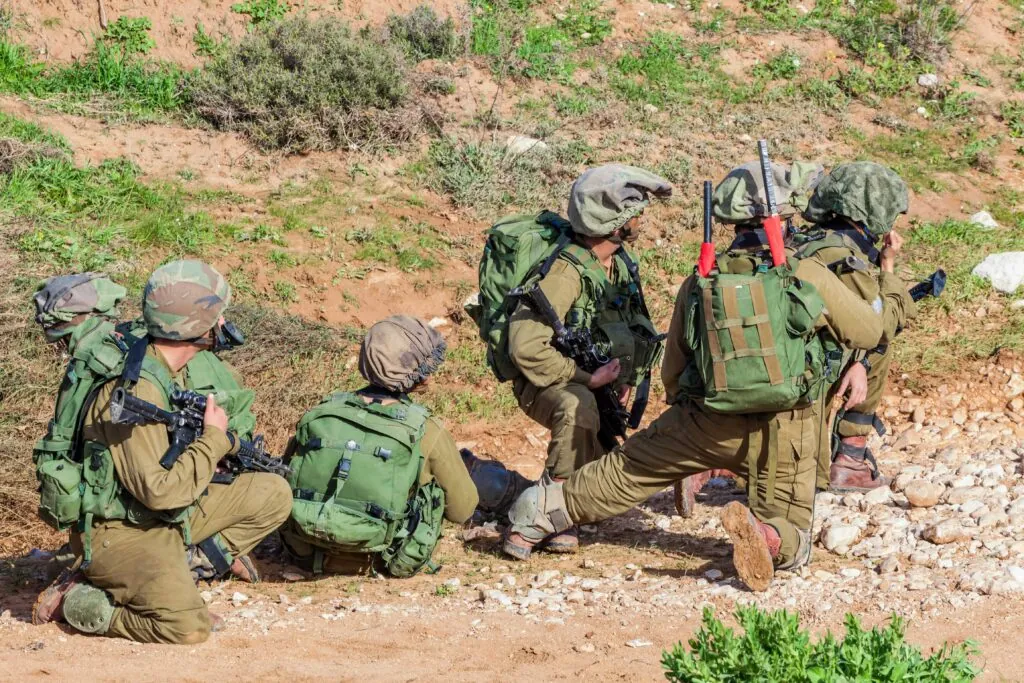
Hidden Treasures – Yaniv
The IDF’s ability to recognize the hidden treasures inside its special needs population has given it an edge over other larger and wealthier countries. A great example is Israel’s 9900 unit which consists entirely of high functioning soldiers with autism has also proven to be an invaluable tool in out-of-the-box thinking in cyberwarfare and noticing things in surveillance that other people—and machines would miss.
Yaniv has cerebral palsy and is hearing impaired. To find a quality job with such physical limitations in Israel would be difficult, to say the least. And yet, in the Air Force he has not only found acceptance, he has found a place to excel and contribute to his country with his administrative giftings.
It began when the military issued a standard “due to severe physical handicap” release to Yaniv from the mandatory duty every Israeli is expected to fulfill. Yaniv did not accept it. He wanted to serve. After sending in a letter volunteering to serve anyway, the IDF took him in for testing where he scored extremely high in administration, among other things.
Even while his condition would’ve allotted him specific privileges, he insisted on living as much like every other soldier —working long hours and sleeping on the base. “The Air Force not only trained me to be in charge of analyzing post-flight and operations data, but they trusted me to make decisions about my findings,” Yaniv explained. Having mastered this task, Yaniv believed he could do more, and his superiors agreed. Together they worked to get Yaniv into an officer training course for soldiers with special needs. Today he is an academic officer and trains other soldiers.
Yaniv is not the only one to excel despite his limitations. When the heart is there to serve, the framework to develop each soldier in their skillset is well designed. Yaniv’s gratitude for the squadron that changed the course of his life continues today. And when the most recent Operation Watchman on the Walls broke out, Yaniv completed his day time duty at the military academy and volunteered his nights at the Air Force base with his squadron.
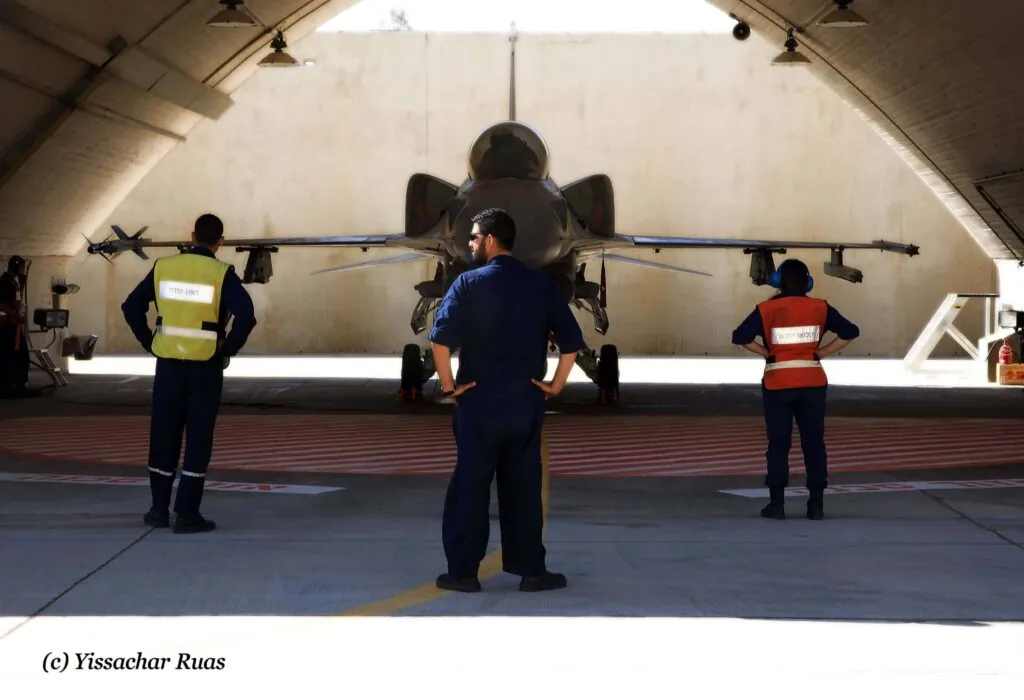
Free to Serve – Benjamin
For many in the ultra-Orthodox world, the military is a forbidden place. Religious political parties have gone to great lengths to “protect” their community from the mandatory service that would expose their people to the secular world. And yet, those who have made the choice to serve anyway have often found their time in the army to be a welcoming place to develop in a way that is not necessarily hostile to their religious practices as they had been taught.
I grew up in an ultra-religious family. I studied Torah from a young age but by junior high school I decided I didn’t like the pressure to believe what they were teaching. I wanted to personally decide what I believed. My mother was very unhappy with my decision to leave Torah studies and we fought almost every day about it. My father made my studies less of an issue because his businesses were struggling and he needed my help.
Things were so bad at home that I often slept at work. The more my father’s businesses struggled, the more abusive he was to all of us. Eventually he went bankrupt and we lost our home. Soon afterward my parents divorced. My dad left the country, found a girlfriend and abandoned my mother to raise my younger siblings alone.
Even though ultra-religious families like mine don’t usually have anything to do with military service, I felt I wanted to serve my country. I found a pre-military course that would help me get into the track I wanted in the IDF. At first, I was unsure that I could pull it off because I was my own source of support. I would have to study during the day and then work late hours at night.
In the end, I did it to escape everything I knew of life in Jerusalem. But I wanted to escape into something that mattered. Since I had left home before I ever finished high school and my family would have nothing to do with my being in the military, once I enlisted I was recognized as a lone soldier. I eventually completed my training as an Air Force technician. When I see our planes taking off on missions to protect our homeland, I know we, the technicians on the ground, are a crucial part of everything that is happening up there. It gives me a deep sense of satisfaction that after living my whole life in this land, I have found a corner in Israel where I belong.
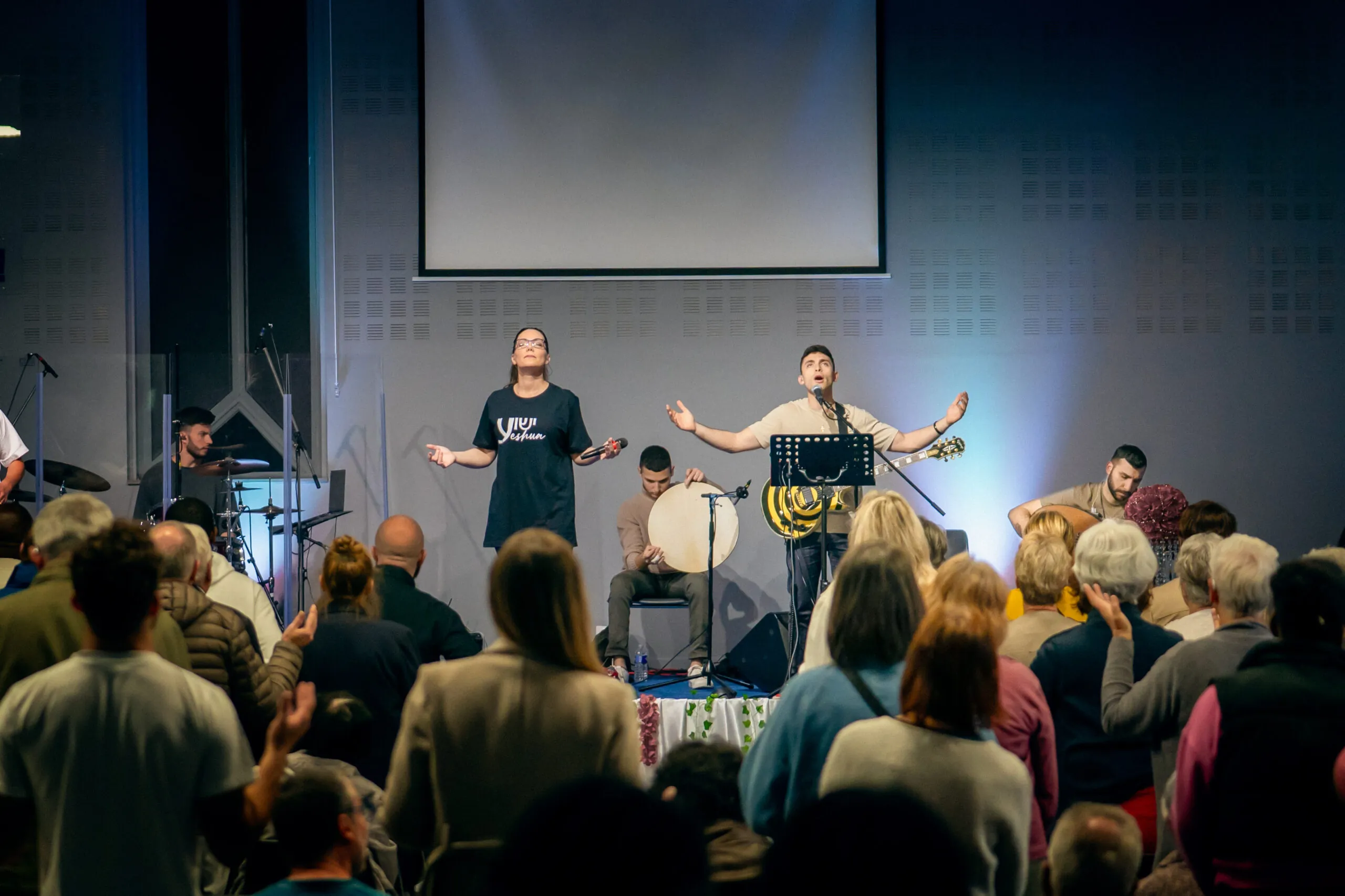
Israel and Ishmael Tour Mission
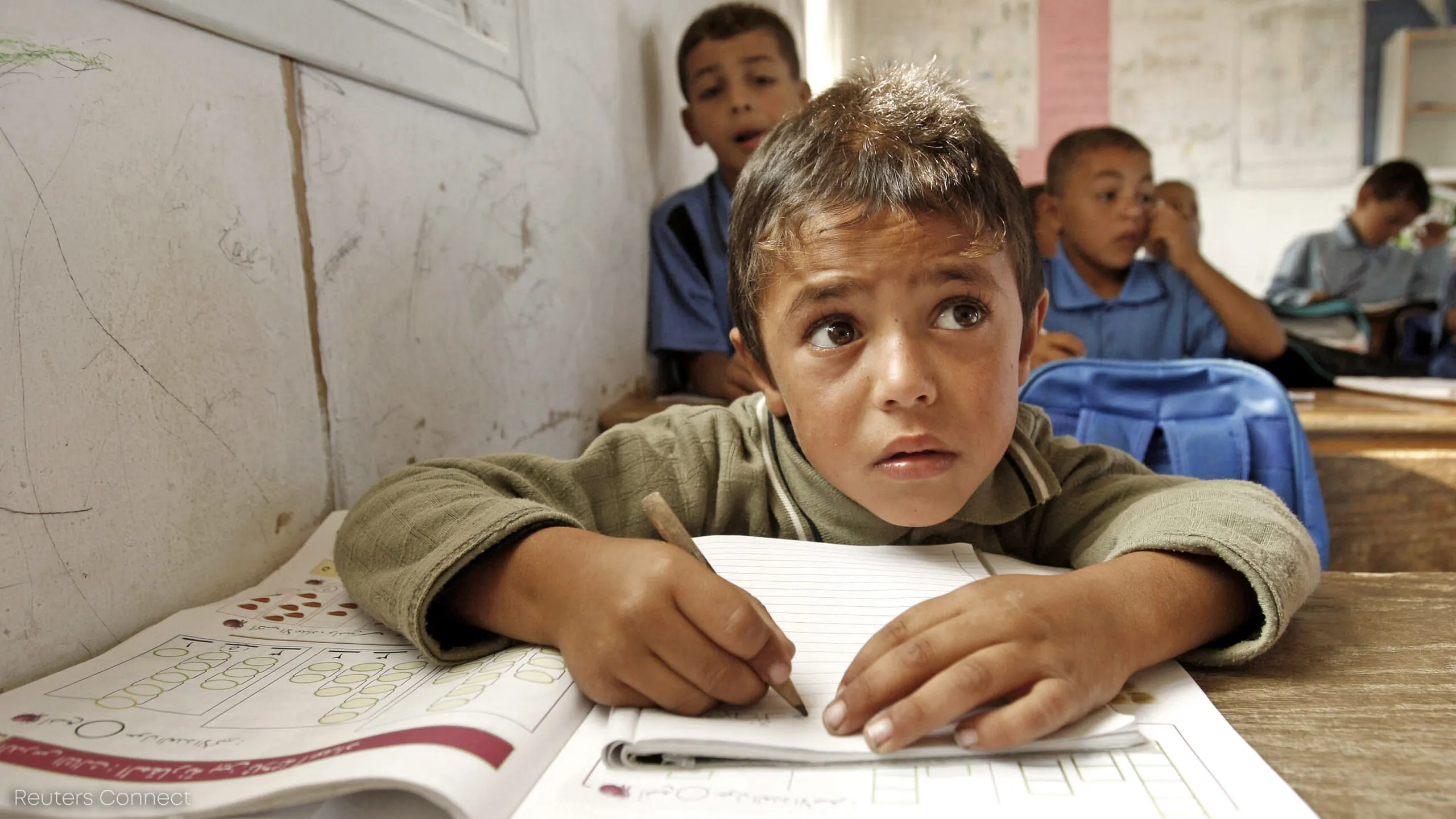
No Child Left Behind
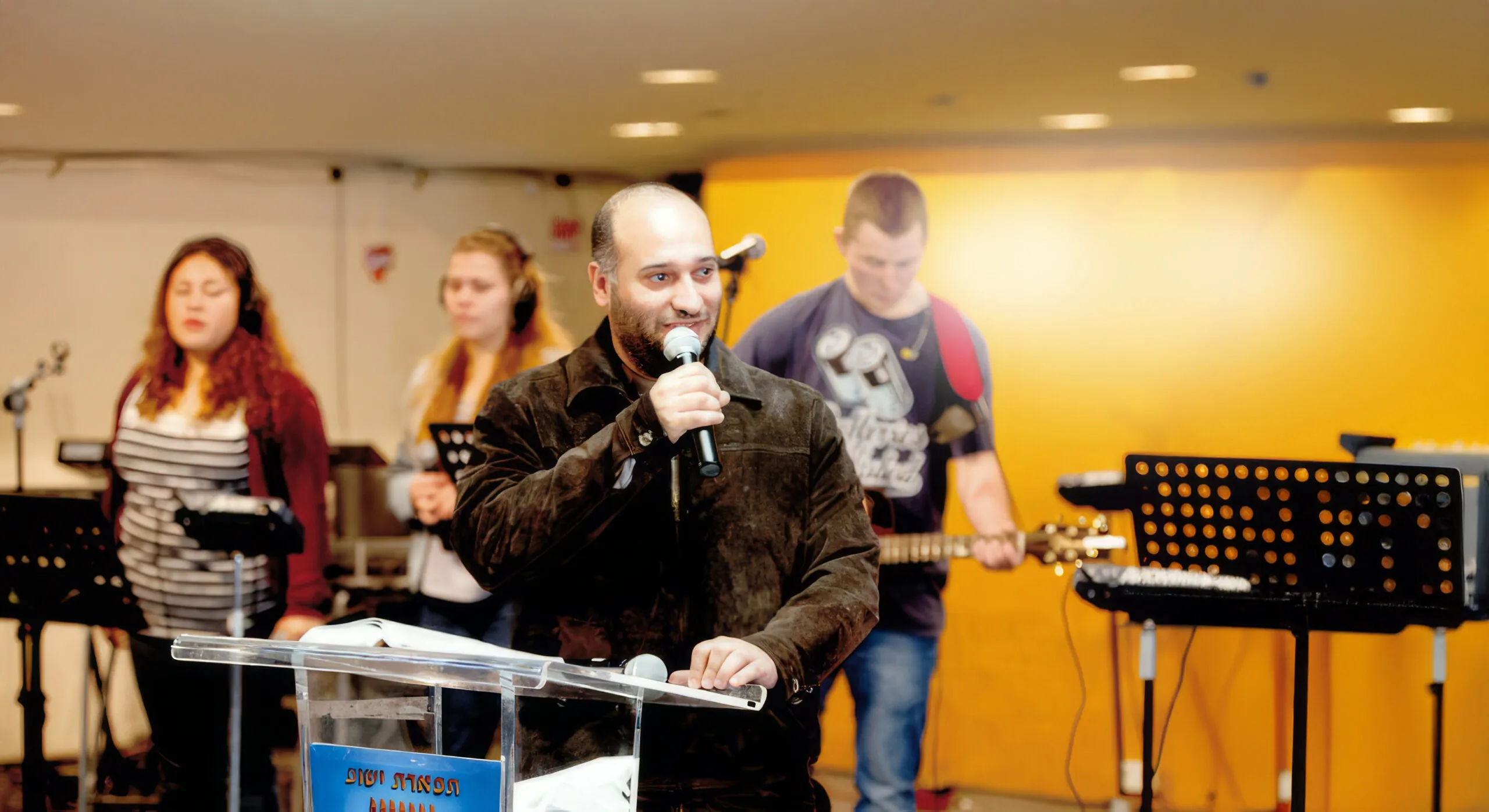
Israel’s First Indigenous Pastor?
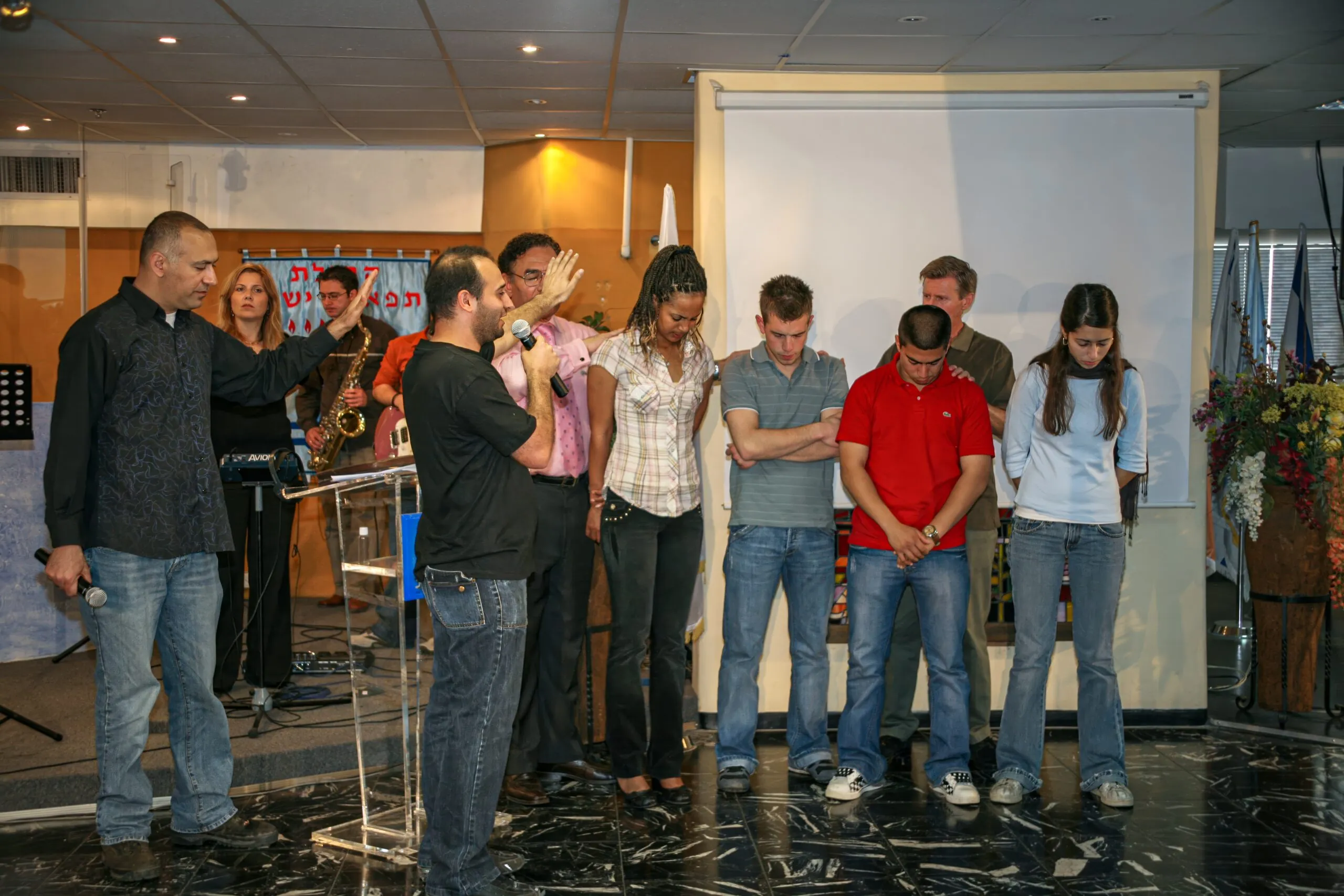
Rooted and Rising in Israel
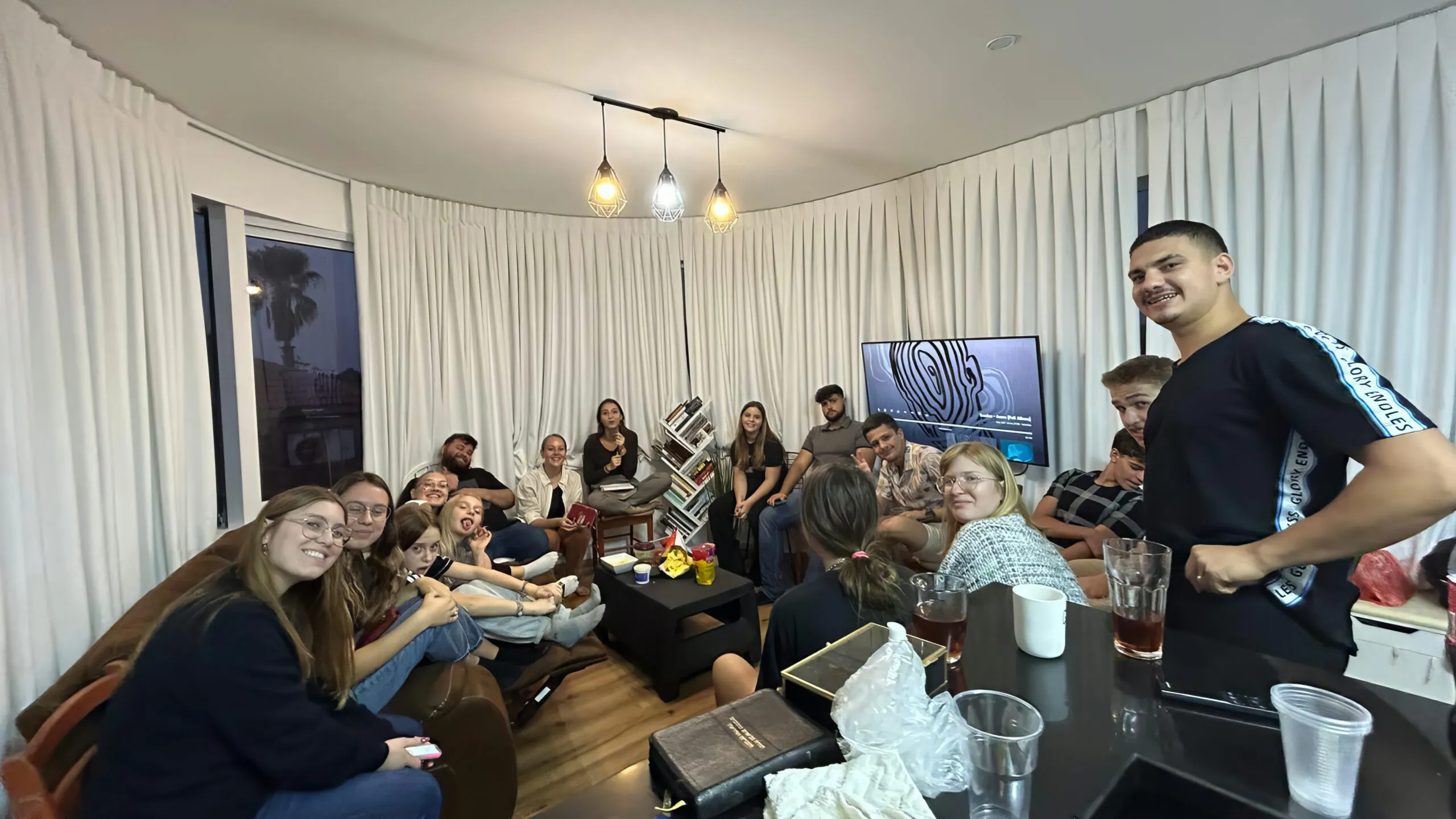
A New Generation Rises
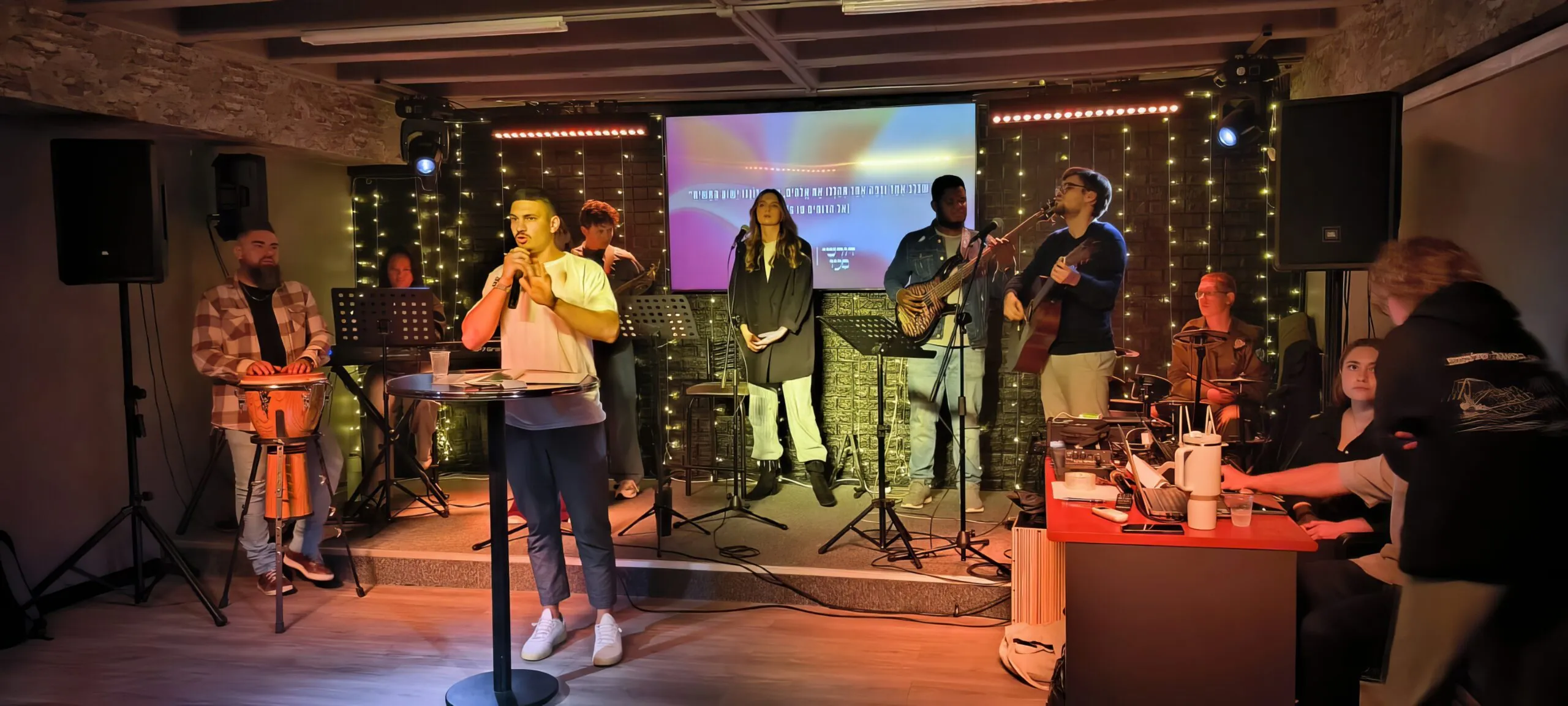
Leaders in the Making
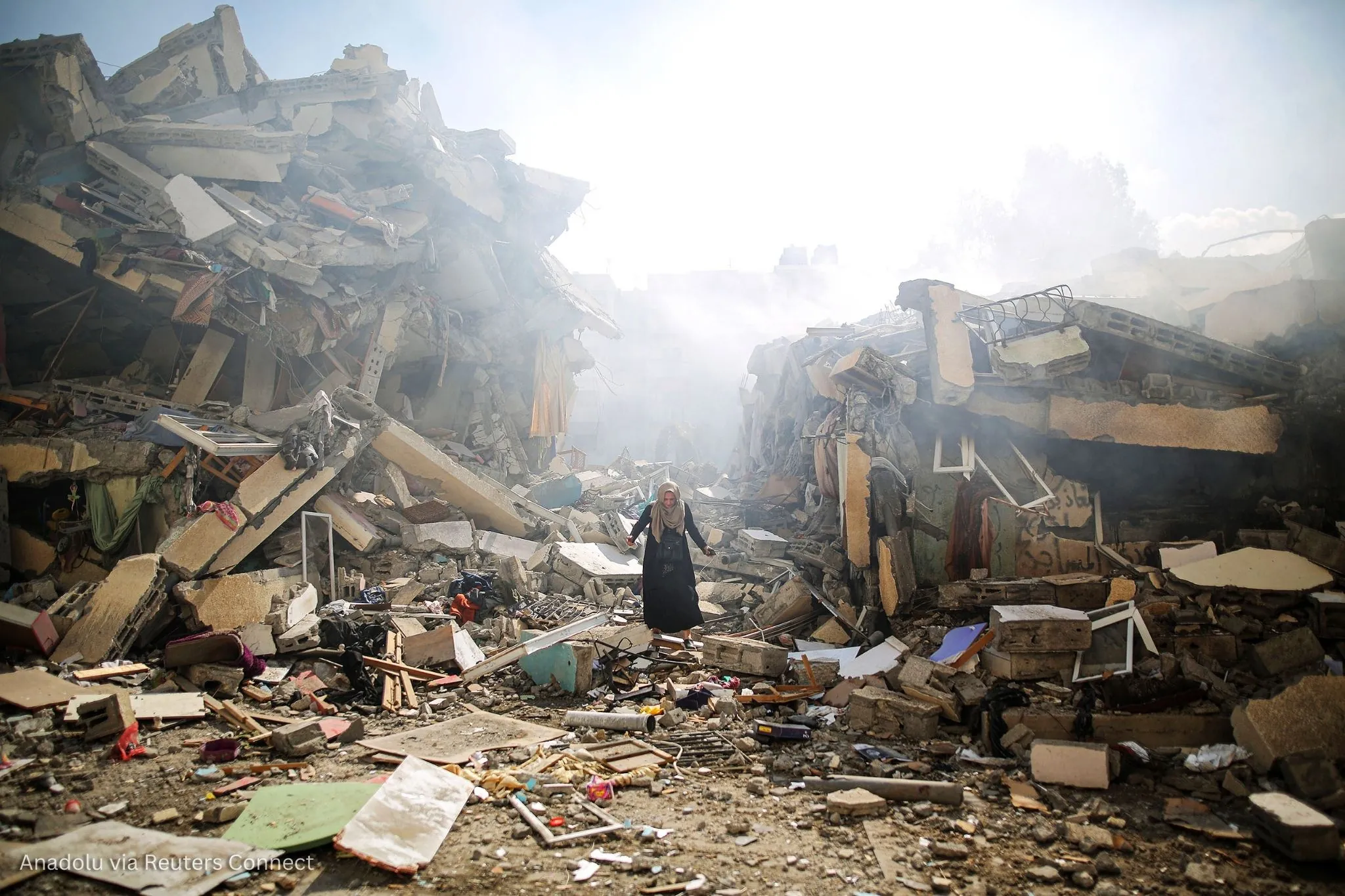
Free Gaza
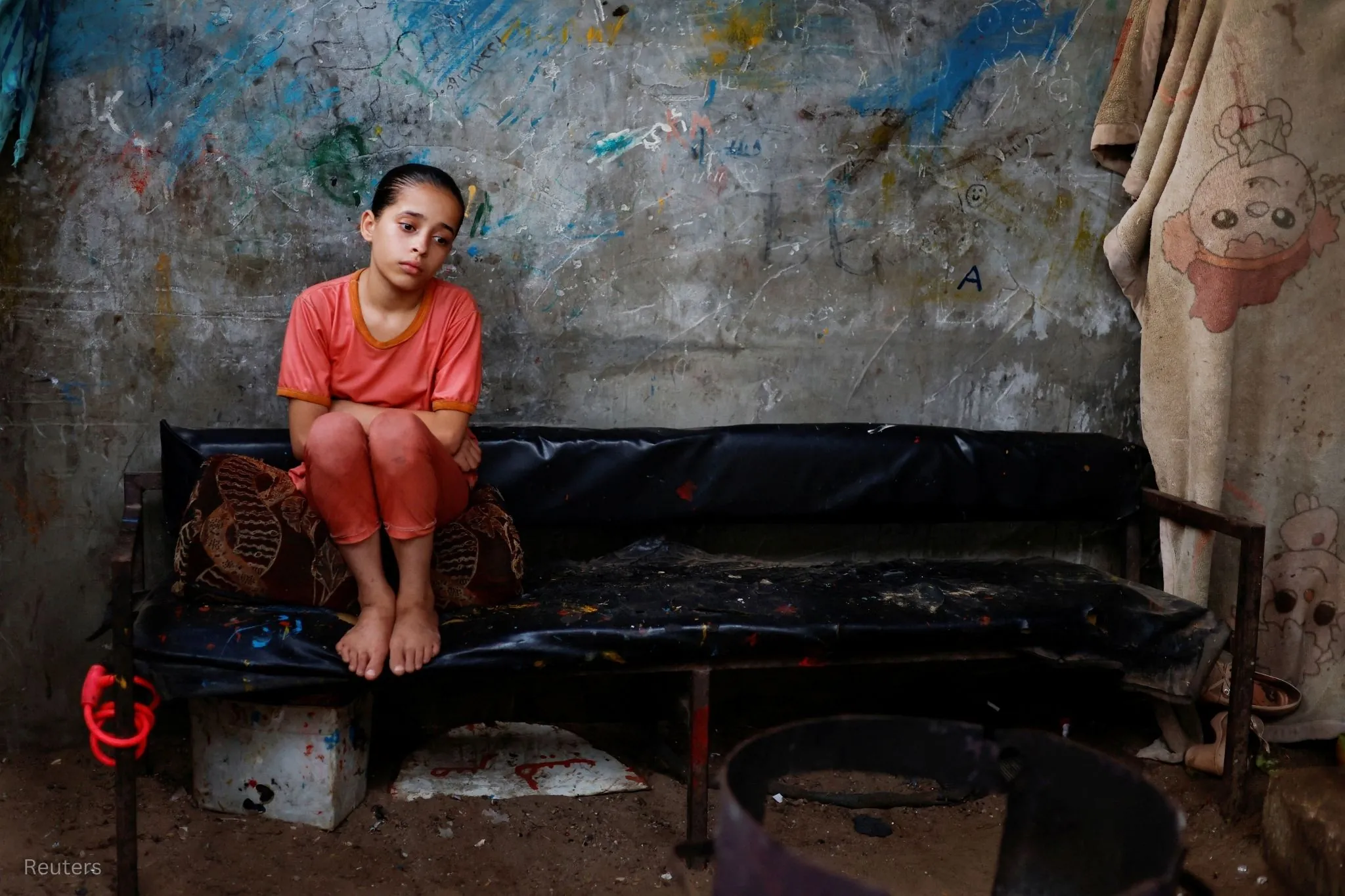
Bringing Light Beyond Borders
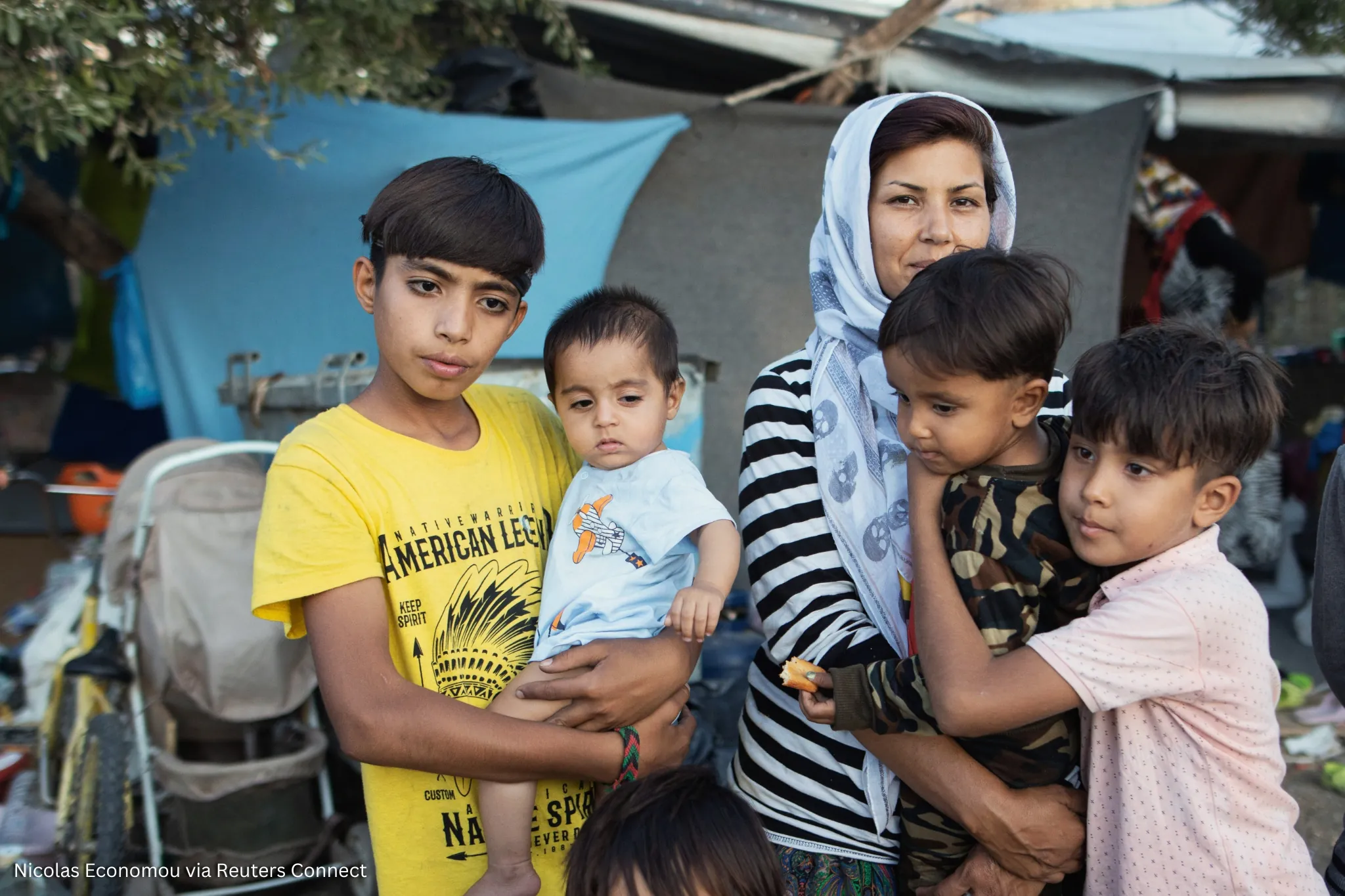
From Crisis to Christ
